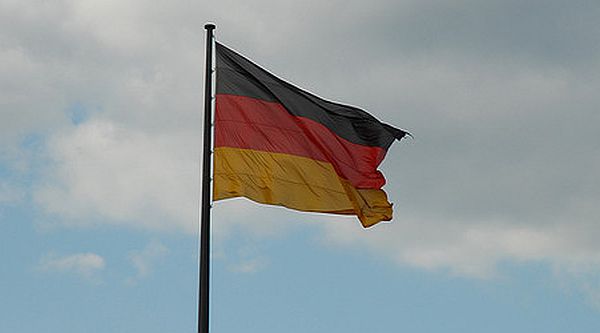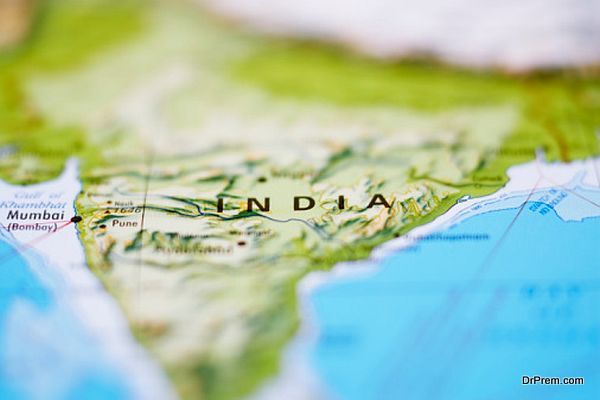In a recent article in the New York Times, Pankaj Mishra indicated how India remains a status conscious power while being an autonomous entity in international affairs. Many other writers have also openly spoken about India’s demands for a leading role on a global scale merely because it considers itself to be morally great an economically successful democracy.

However, India is not the only status conscious power out there. Over the years, as nations rise and fall, the global rank continues to be of concern as countries with lower rank envy, resent and even challenge those higher up. Called the hierarchy of prestige in international politics, this dynamic tends to cause major conflicts between a country’s prestige and power as its people refuse to accept a status lower than what they think they deserve.
In the presence of a clear hierarchy though, it has been noted that countries with lower ranks try joining those higher up by emulating their practices, challenging their statuses or redefining the very core ingredients of the status to reflect their own strengths.

So while Germany chose to challenge the great powers and Japan chose to emulate the practices of the civilized great powers, India chooses to creatively redefine the meaning of power itself in order to count itself as one of the great powers.
The earlier leaders of India chose a non-alignment policy that placed the nation’s status well above the issues of Cold War politics. Accordingly, the nation’s strategy allowed it to renounce alliances, believe in multilateralism and choose force only after every other window of opportunity closed. This was in the early ‘70s and the nation as well as its foreign policy has not changed much since then.
India’s autonomous status in world affairs would have worked well for its status during the Cold War. Now, years after the cold war, the nation has run into a roadblock of sorts in choosing between its underlying preferences. Today, the nation has become a global power of sorts and has created an international status for itself by becoming a member of multilateral organizations like the UN climate change and WTO framework. The nation is being sought out eagerly by internationally influential countries, alliances, and organizations.

India finally achieved the global status it has long desired. But the nation has done little to give back what it needs to the global public goods in terms of lower trade tariffs, security, lower carbon emissions and peace. Simply put, as India’s rank in the global hierarchy of prestige increases, so does the burden placed on it by the other countries to shoulder and share the responsibilities of global governance. The nation however, still prefers to remain autonomous and neglect the responsibility it should hold in world politics.
In a nutshell, India’s foreign policy indicates its ambitions to become like China and U.S. while its cautious stride places it in the ranks of countries like Switzerland and Canada. The ultimatum here is that the nation can either be the U.S. or Canada, but not both.
Summary
India’s foreign policy indicates the nation’s demands for a higher status in the global hierarchy of prestige. However, the nation’s failure to accept responsibility for global governance and continued autonomous stance would stand in its way to achieve the former.




